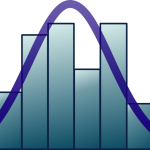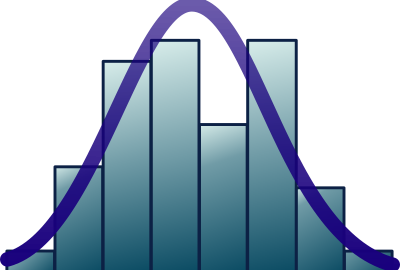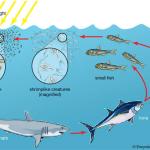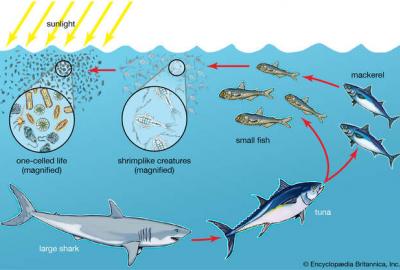Fish Nutrition
The course will provide an introduction to the various food components' nutritional impact on growth, development, reproduction, health and quality of farmed fish. This involves learning about the fish's digestive system and the various nutrients' digestion, absorption, metabolism and biochemical function. The course also covers relevant undesirable substances in feed that can be a challenge for the health and for the seafood product produced. Students will also learn about alternative resources and substances used in fish feed, and the legislation that the FSA and the industry must deal with in this area. The course builds on the basic knowledge of biology and biochemistry.
Learning Outcomes
- Keep track of food's quantitative importance in the production of farmed fish, which feed resources you use, and the ratios between the energizing nutrient (protein, fat and carbohydrates) in commercial feeds.
- Possess detailed knowledge of the fish's digestive system, including a deeper focus on the development of the gastrointestinal tract of marine fish larvae.
- Show detailed knowledge of various energising and micro (vitamins and minerals) nutrients' digestion, absorption, metabolism and biochemical function.
- Understand how the food composition can affect health, both by lack of nutrients and through preventive nutrition.
- Explain the components of fish feed on fish product quality, both positive (nutrients) and negative (contaminants from food and environment).
- Have knowledge of fish reproduction and how diet affects egg and fry quality.
- Have a basic understanding of legislation that business and government must deal with in the food area, in terms of fish quality, health and environmental impact.
- Besides the written exam, the course will be evaluated with a term paper and an oral presentation. This will give students training in searching literature, reflect and communicate scientific material both in the written and verbal form, on a current nutrition topic.
Final Competencies
1 The course will provide an introduction to the various food components' nutritional impact on growth, development, reproduction, health and quality of farmed fish. This involves learning about the fish's digestive system and the various nutrients' digestion, absorption, metabolism and biochemical function.
2 The course also covers relevant undesirable substances in feed that can be a challenge for the health and for the seafood product produced.
3 Students will also learn about alternative resources and substances used in fish feed, and the legislation that the FSA and the industry must deal with in this area.
Additional information regarding Teaching Methods
- Teaching methods will include lectures, laboratory groups. seminar, excursion, etc.
- Participation in lectures throughout the semester, with 20-25 min lectures each, which is evaluated at 20% of final grade.
- A shorter thematic semester assignment (5-6 pages) that is evaluated at 20% of final grade.
- Written digital exam, weighted to 60% of final grade.
Further course information can be found here: https://studiekiezer.ugent.be/studiefiche/en/C003913/2021 or https://www.uib.no/en/course/BIO206




